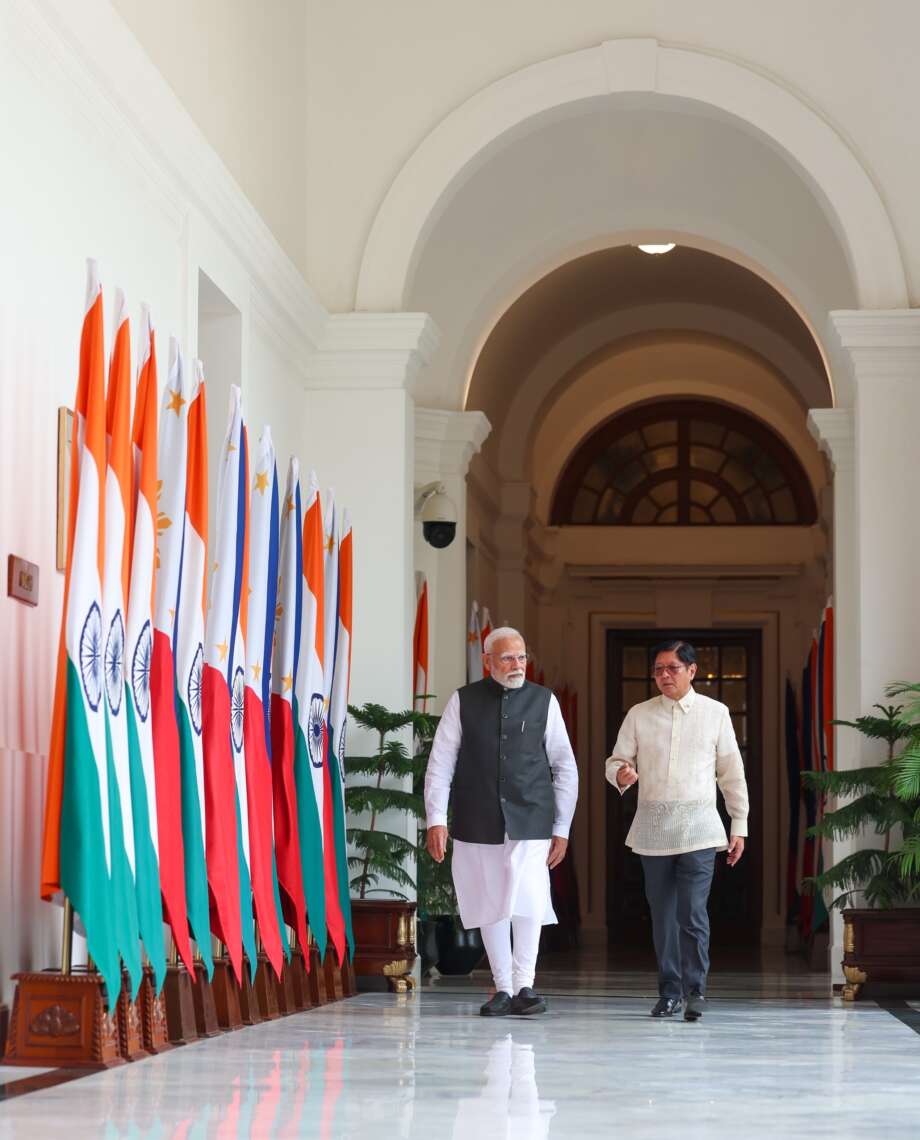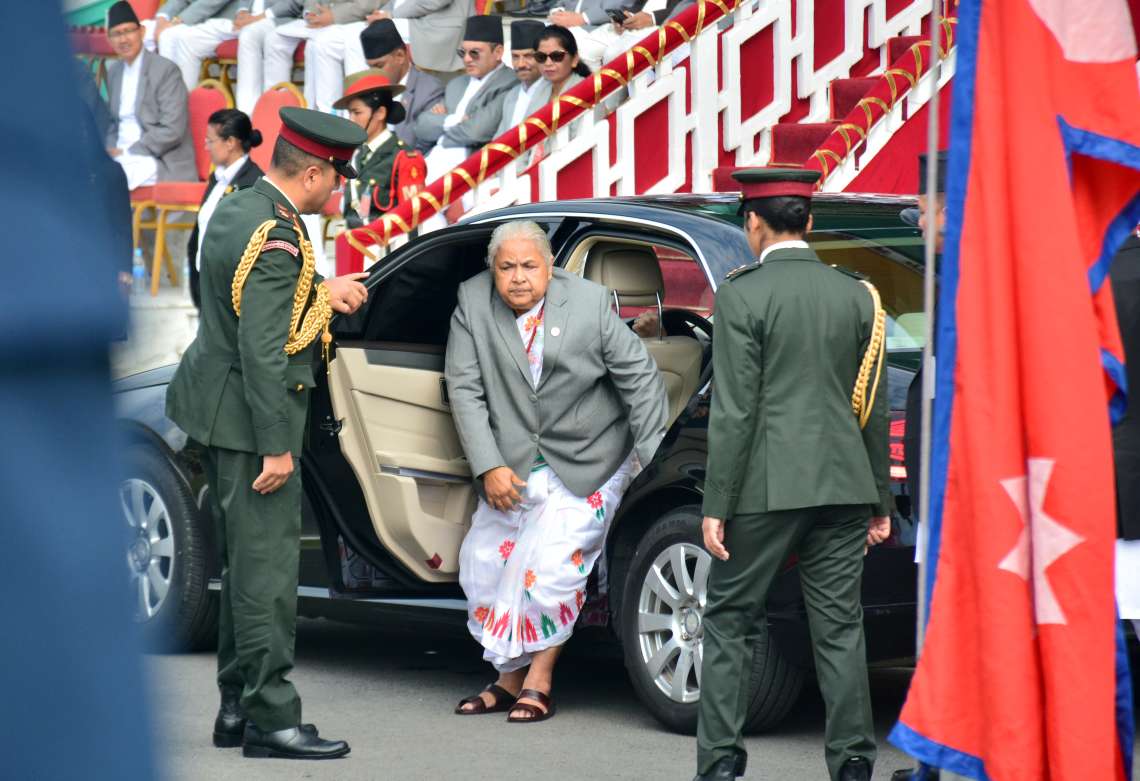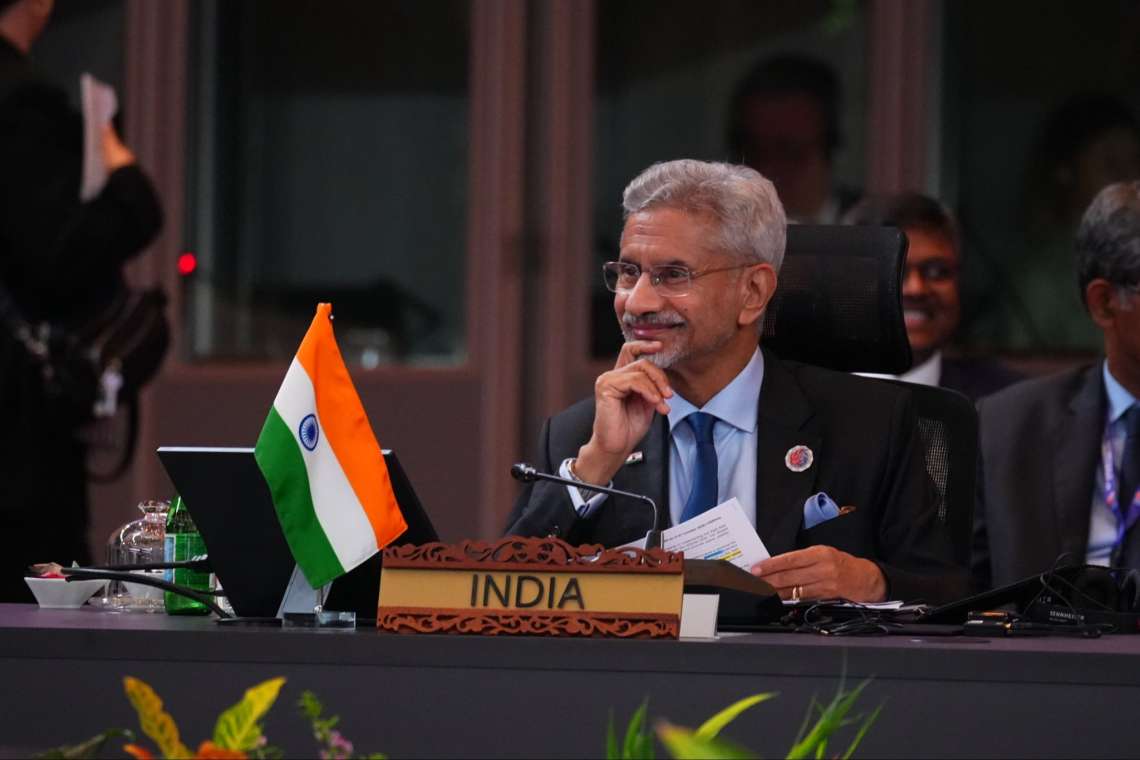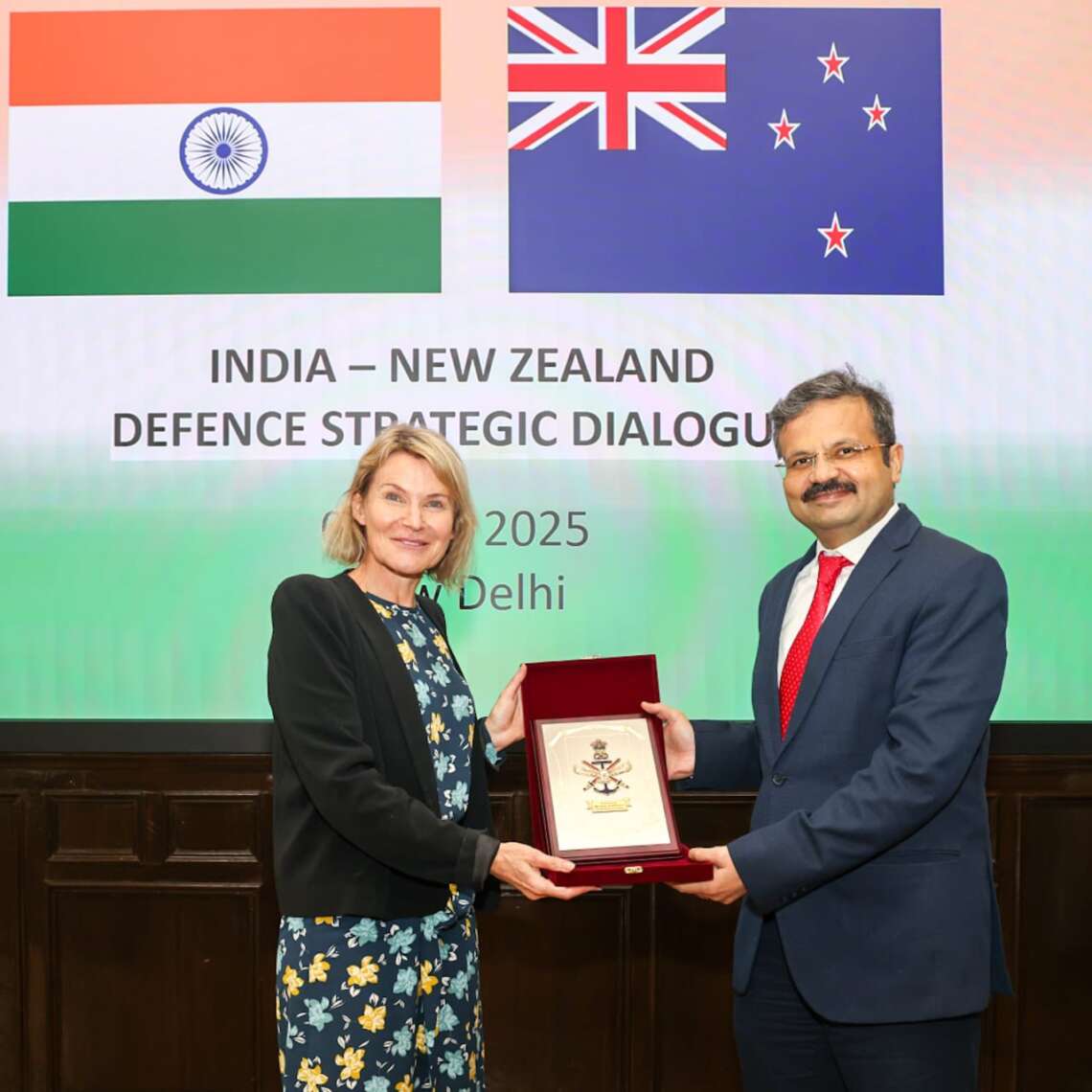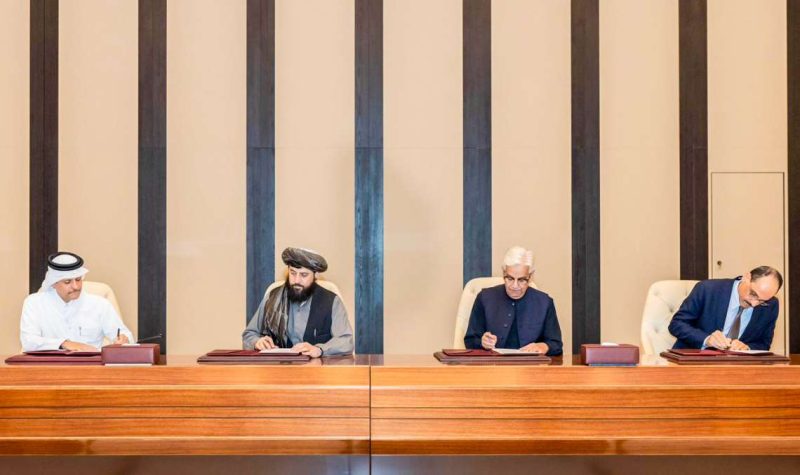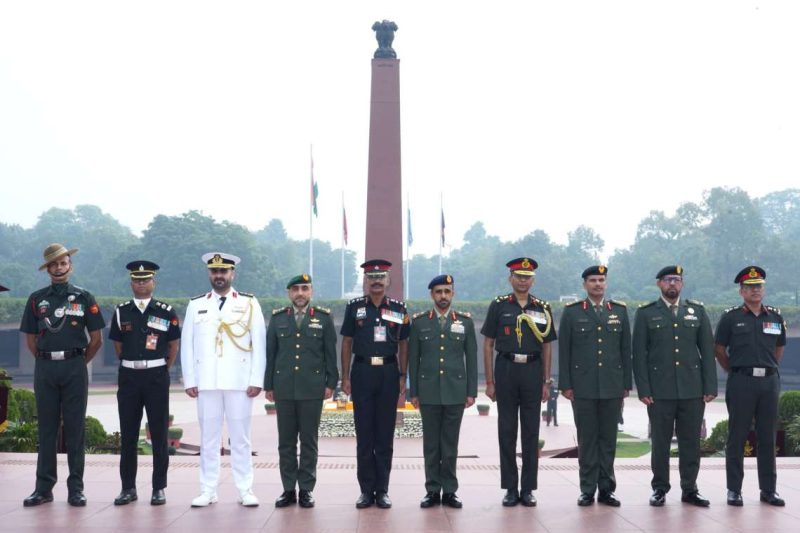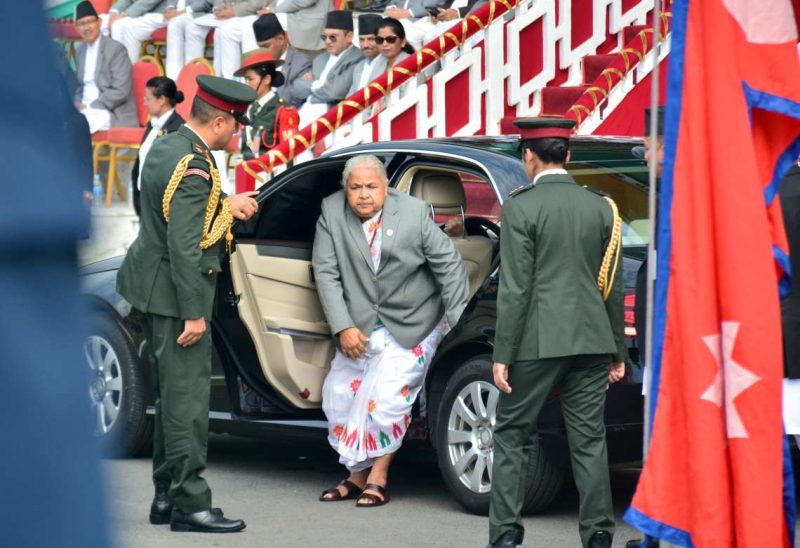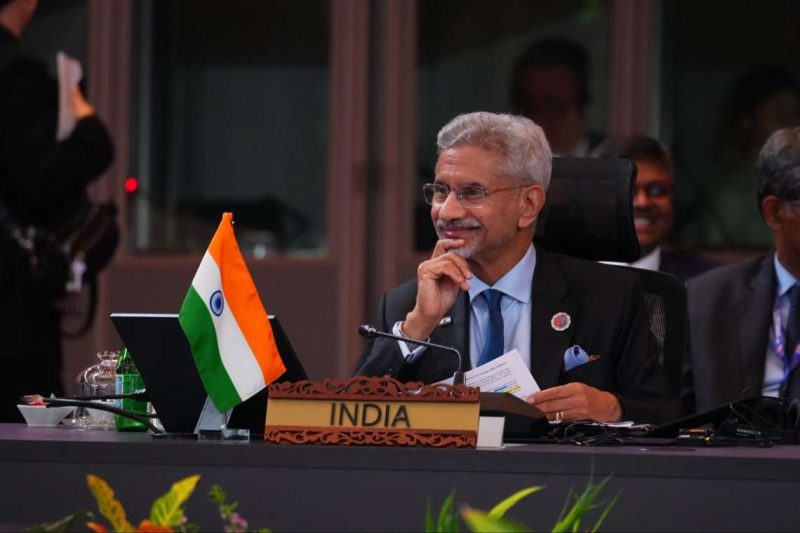India and the Philippines launch a bold Strategic Partnership, ramping up defence and trade ties while calling out China’s aggression in the contested South China Sea.
The announcement came on Tuesday following formal talks in New Delhi between Prime Minister Narendra Modi and Philippine President Ferdinand Marcos Jr, who is currently on a five-day state visit to India. The move signals a deepening of strategic convergence between the two democracies, particularly against the backdrop of growing assertiveness by China in the South China Sea.
Describing the day as “historic” for India-Philippines relations, Prime Minister Modi said the elevation to a Strategic Partnership would “give our relationship a new speed and depth.” He pointed to growing ties across trade, defence, health, food security, maritime security, and development cooperation as evidence of a broadening and maturing engagement between the two nations.
A central pillar of this upgraded partnership is defence collaboration, with President Marcos explicitly thanking India for its support in defence exports, including the supply of the BrahMos supersonic cruise missile system. Both sides expressed readiness to expand joint military training, capacity building, and technological collaboration in the years ahead. Regular ship visits, maritime exercises, and joint disaster response efforts will now form part of the defence cooperation matrix.
“President Marcos thanked the Prime Minister for cooperation in the area of defence industry, the export of defence platforms to India, including the BrahMos,” said P. Kumaran, Secretary (East) in India’s Ministry of External Affairs. He added that both nations had agreed to institutionalise military exchanges and set up regular dialogues via the Joint Defence Cooperation Committee and the Joint Defence Industry and Logistics Committee.
Notably, the leaders also exchanged Memoranda of Understanding (MoUs) in areas such as the peaceful use of outer space and digital technology. Marcos expressed admiration for India’s cost-effective space programme and conveyed interest in leveraging it for the Philippines’ disaster management, agriculture, and social transformation needs.
The growing maritime cooperation also found strong resonance in the joint statement issued after the talks. Both countries voiced grave concern over rising tensions in the South China Sea, implicitly calling out China’s coercive activities in the region. They reiterated their full respect for international law, particularly the United Nations Convention on the Law of the Sea (UNCLOS), and cited the 2016 Arbitral Award that ruled overwhelmingly in favour of the Philippines in its dispute with China.
“The final and binding 2016 Arbitral Award on the South China Sea is a significant milestone and the basis for peacefully resolving disputes in accordance with international law,” the joint declaration said.
By reaffirming freedom of navigation and overflight, unimpeded commerce, and protection of the marine environment, India and the Philippines effectively endorsed a rules-based maritime order in sharp contrast to Beijing’s expansive claims and aggressive posturing in the region.
In the economic sphere, Modi and Marcos agreed to expedite the negotiation of a Preferential Trade Agreement (PTA) to bolster bilateral trade. They emphasised the need to strengthen supply chains and promote trade facilitation under multilateral and regional platforms. Both countries also reaffirmed their support for a free, open, and rules-based trading system, rooted in transparency and inclusivity.
The Strategic Partnership is set to be guided by a new Plan of Action for the period 2025 to 2029, adopted by both sides on August 5. It will serve as a roadmap to realise the “full potential for bilateral, regional and international cooperation,” according to the declaration.
Beyond bilateral ties, the two countries committed to working together in regional and global forums, including the United Nations and ASEAN, on issues such as climate change, counter-terrorism, sustainable development, and UN Security Council reform.
President Marcos’ visit is being viewed as part of a broader Philippine pivot towards diversifying its strategic partnerships beyond the United States, particularly as it navigates a fragile security situation in the West Philippine Sea. For India, the deepening of ties with Manila complements its Indo-Pacific vision and provides another anchor in its “Act East” policy, which prioritises maritime partnerships, regional stability, and economic cooperation with Southeast Asia.


